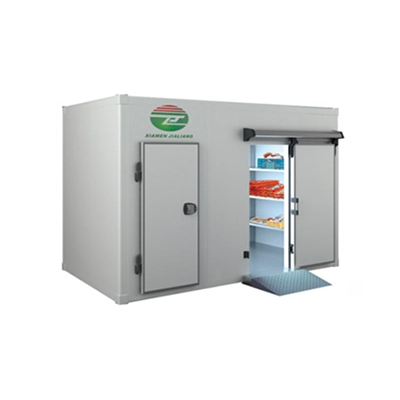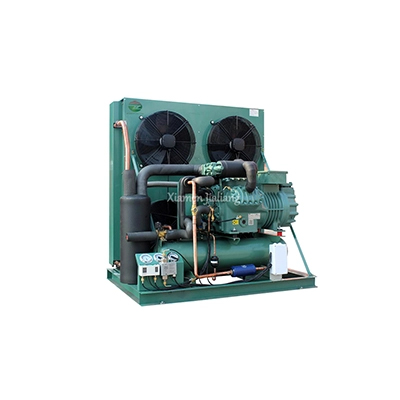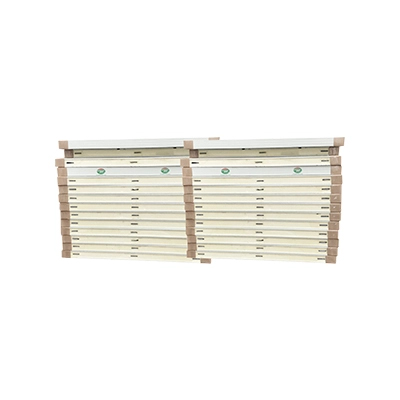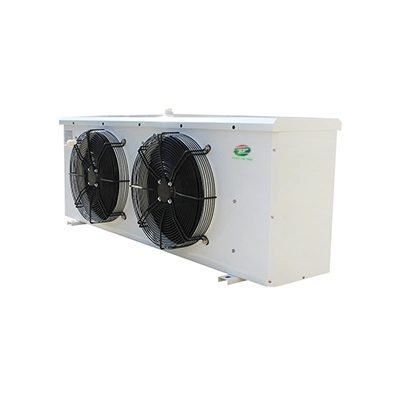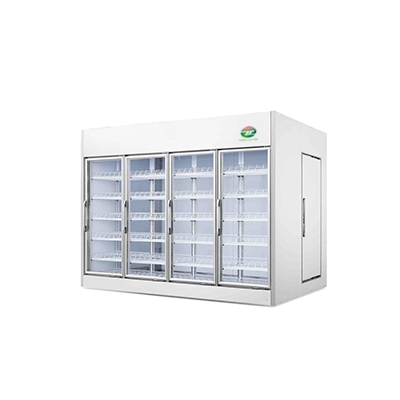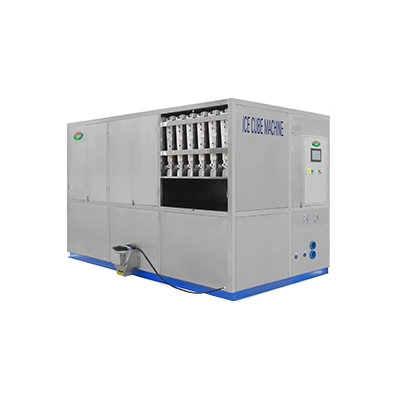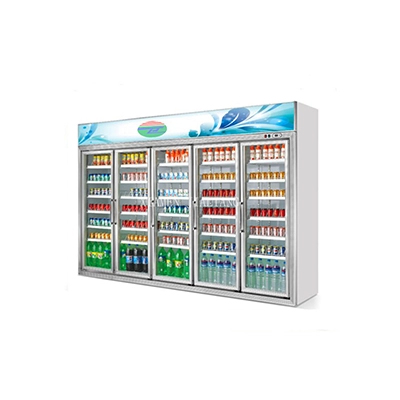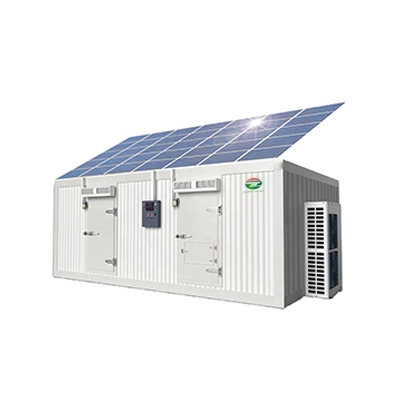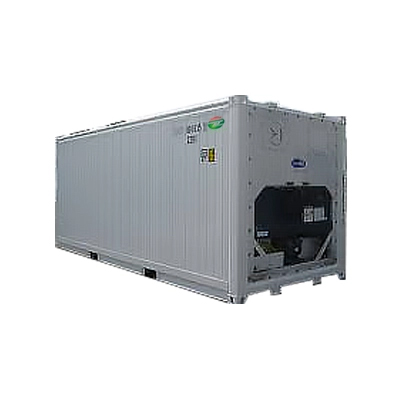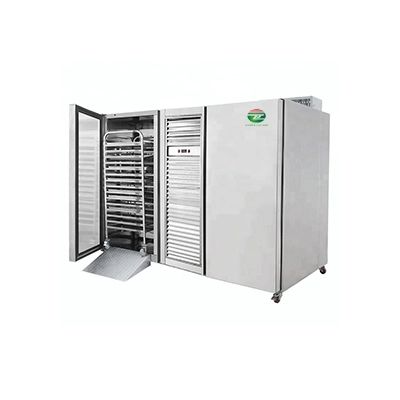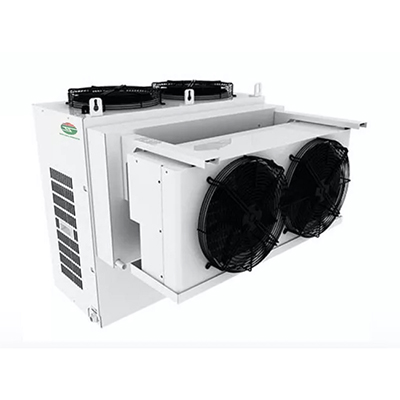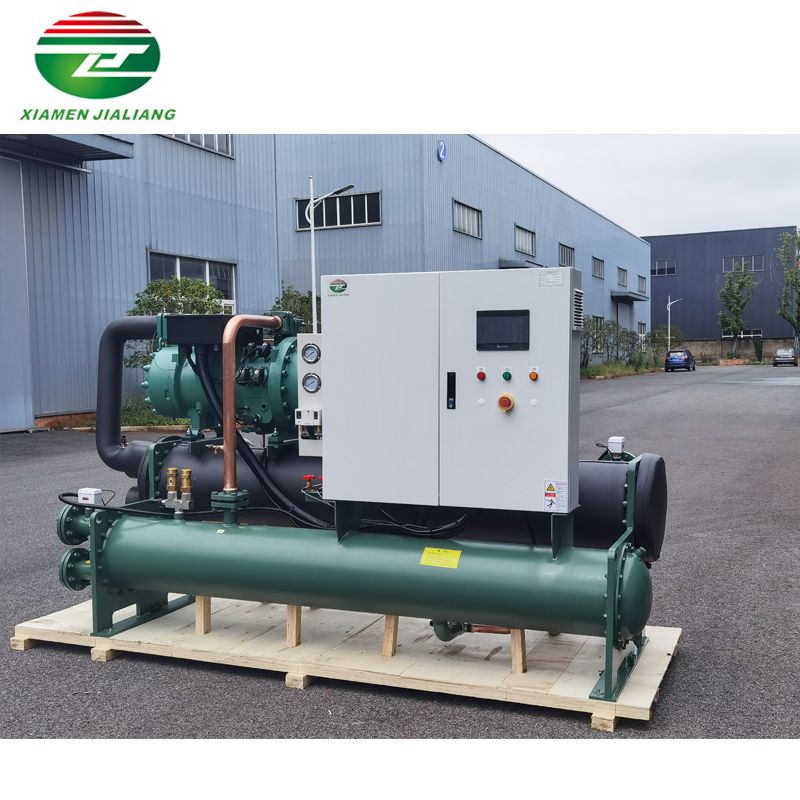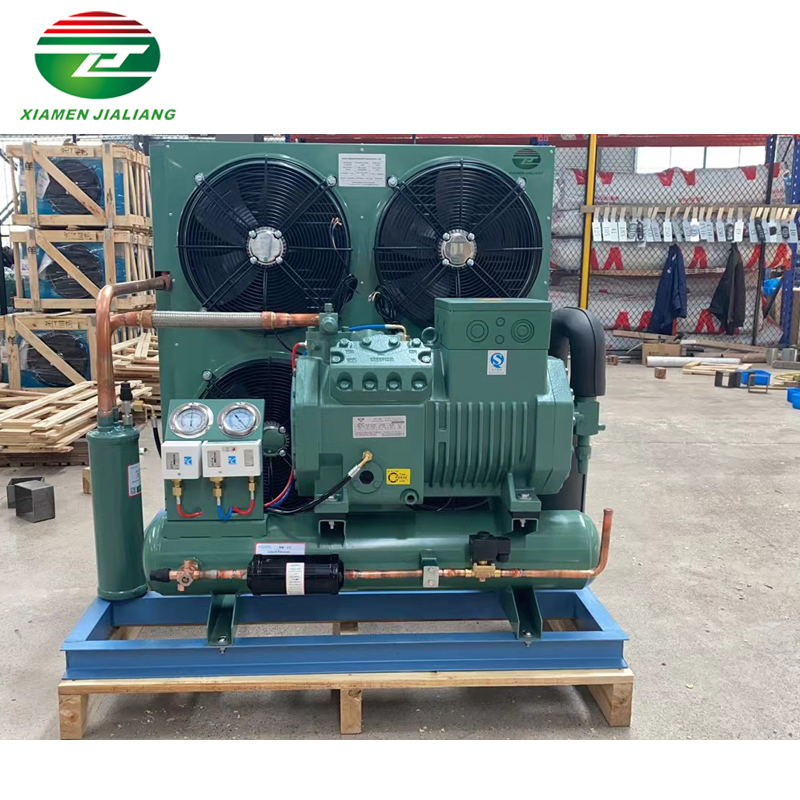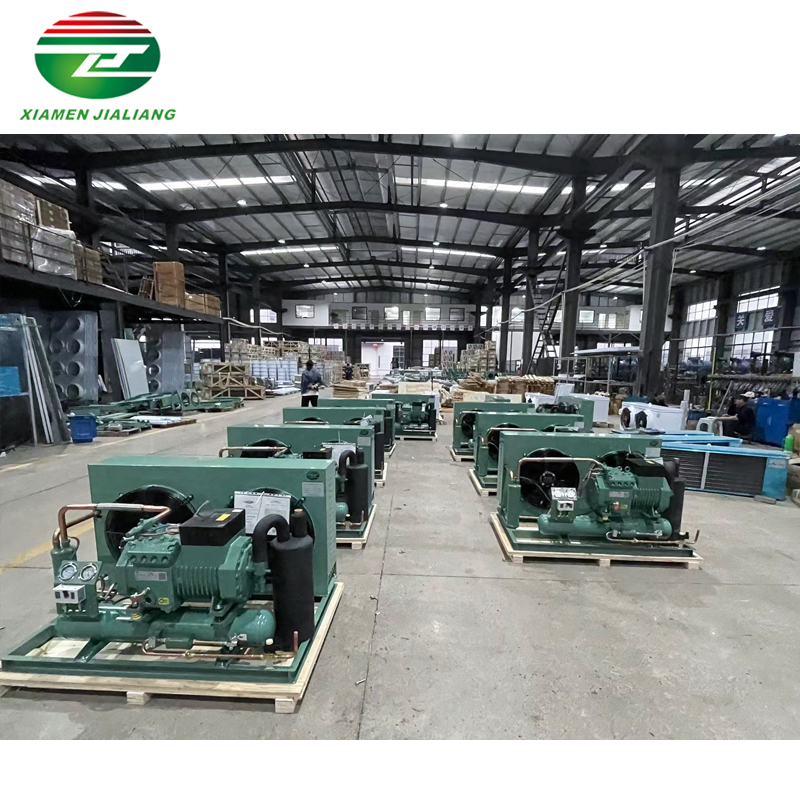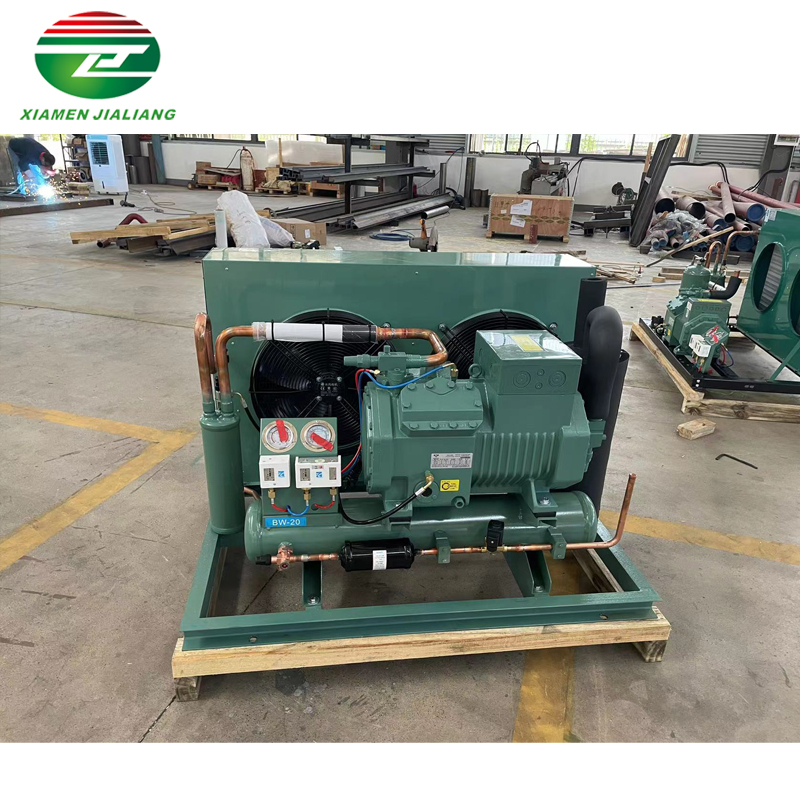Cold Storage Management Best Practices: Ensuring Efficiency and Cost Savings
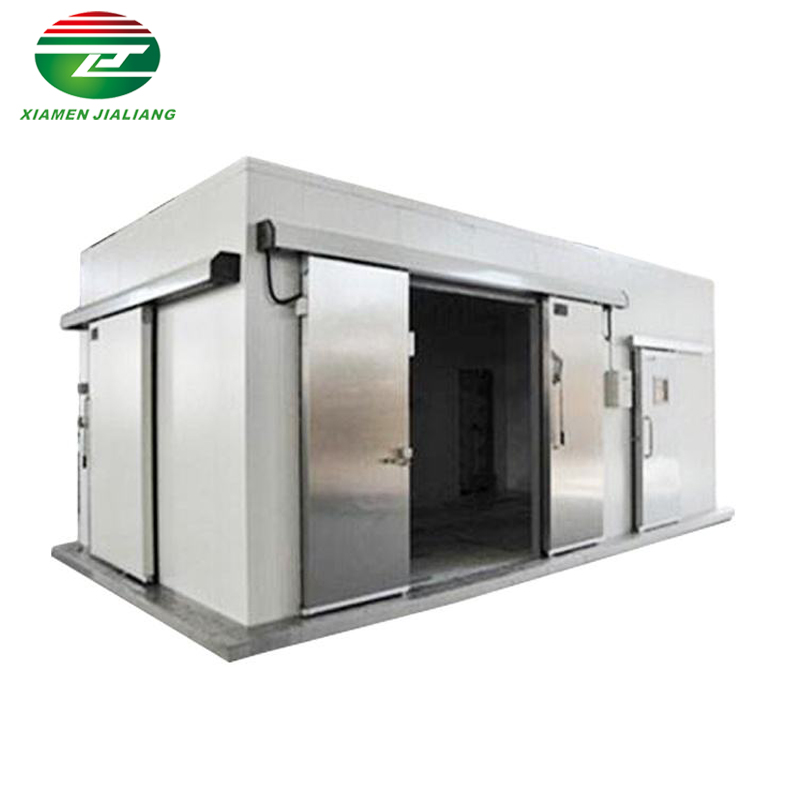
Cold storage management is a critical aspect of any business that deals with perishable goods or temperature-sensitive products. In order to ensure efficiency and cost savings, it is essential to implement best practices in cold storage management. By adopting these practices, businesses can not only increase their operational efficiency but also reduce energy consumption and save costs. This article will explore the best practices for cold storage management, focusing on energy efficiency and cost savings. From optimizing storage layout and implementing temperature monitoring systems to employing advanced insulation techniques and utilizing automation technologies, businesses can take proactive steps to optimize their cold storage operations. By following these best practices, businesses can achieve higher productivity, reduce waste, and ultimately improve their bottom line.
Best Practices for Cold Storage Management
Cold storage management is an essential aspect of any business that deals with perishable goods or needs to store items at controlled temperatures. Whether it is a restaurant, pharmaceutical company, or logistics provider, implementing best practices for cold storage management can help ensure the quality and safety of the stored items.
One crucial element of cold storage management is maintaining the temperature of the storage area. A cold room, specifically designed for this purpose, is an ideal solution. A cold room is a highly insulated space equipped with cooling systems that allow businesses to control and monitor the temperature accurately. This ensures that perishable goods are kept at the optimal temperature, preserving their quality and extending their shelf life.
Proper organization and inventory management are also vital in cold storage facilities. By implementing a systematic approach to storing and rotating items, businesses can minimize the risk of spoilage and product loss. This includes labeling items with their expiration dates, arranging them based on the first in, first out (FIFO) principle, and regularly conducting inventory audits. Additionally, investing in inventory management software can streamline these processes and provide real-time insights into stock levels and expiry dates.
Maintaining cleanliness and hygiene within the cold storage facility is crucial for preventing cross-contamination and ensuring the safety of stored items. Regular cleaning and sanitization of the cold room, including all surfaces, equipment, and storage racks, should be conducted according to a strict schedule. This helps eliminate any potential breeding grounds for bacteria or pests and minimizes the risk of product contamination.
Another best practice for cold storage management is training employees on proper handling and storage procedures. Staff should be educated on the importance of temperature control, hygiene practices, and the correct use of equipment. This ensures that everyone involved understands and follows the necessary protocols to maintain the quality and safety of the stored items.
Energy Efficiency and Cost Savings
Energy efficiency is a topic that has gained significant attention in recent years, and for good reason. As the world becomes more aware of the environmental impact of our actions, finding ways to reduce energy consumption has become a top priority. One area where energy efficiency can make a substantial difference is in the operation of cold rooms.
Cold rooms are essential for a variety of industries, including food storage, pharmaceuticals, and research. These specialized rooms are designed to maintain low temperatures and preserve the quality and safety of perishable items. However, the energy required to keep these spaces cold can be substantial, leading to high operational costs and environmental impact.
By implementing energy-efficient measures in cold room operations, businesses can not only reduce their carbon footprint but also achieve significant cost savings. One of the key strategies for improving energy efficiency in cold rooms is proper insulation. Insulating the walls, doors, and ceilings of cold rooms helps to minimize heat transfer and maintain a stable temperature inside. This reduces the workload on the cooling system, resulting in lower energy consumption.
Another approach to enhancing energy efficiency in cold rooms is the use of advanced cooling technologies. For instance, installing energy-efficient refrigeration units and utilizing smart temperature control systems can optimize energy usage. These technologies enable businesses to monitor and adjust the temperature settings based on real-time data, ensuring that the cold room operates at the most energy-efficient levels while still meeting the required temperature parameters.
Furthermore, regular maintenance and servicing of cold room equipment are crucial for maximizing energy efficiency. Ensuring that all components are in proper working condition, such as the compressors, evaporators, and condensers, prevents energy wastage due to equipment malfunctions or inefficiencies. Additionally, routine inspections can identify any potential issues early on, allowing for timely repairs and preventing costly breakdowns.
Conclusion
Implementing best practices for cold storage management is crucial for businesses dealing with perishable goods. This involves utilizing a cold room, maintaining organization and inventory management, ensuring cleanliness and hygiene, and providing comprehensive employee training. These practices not only reduce the risk of spoilage and product loss but also enhance customer satisfaction and compliance with regulatory standards.
Energy efficiency in cold room operations is also important for cost savings and environmental sustainability. Measures such as proper insulation, advanced cooling technologies, and regular maintenance can significantly reduce energy consumption and operational expenses. Prioritizing energy efficiency allows businesses to contribute to a greener future while benefiting from lower utility bills and improved profitability.

